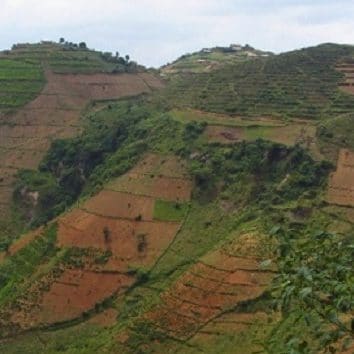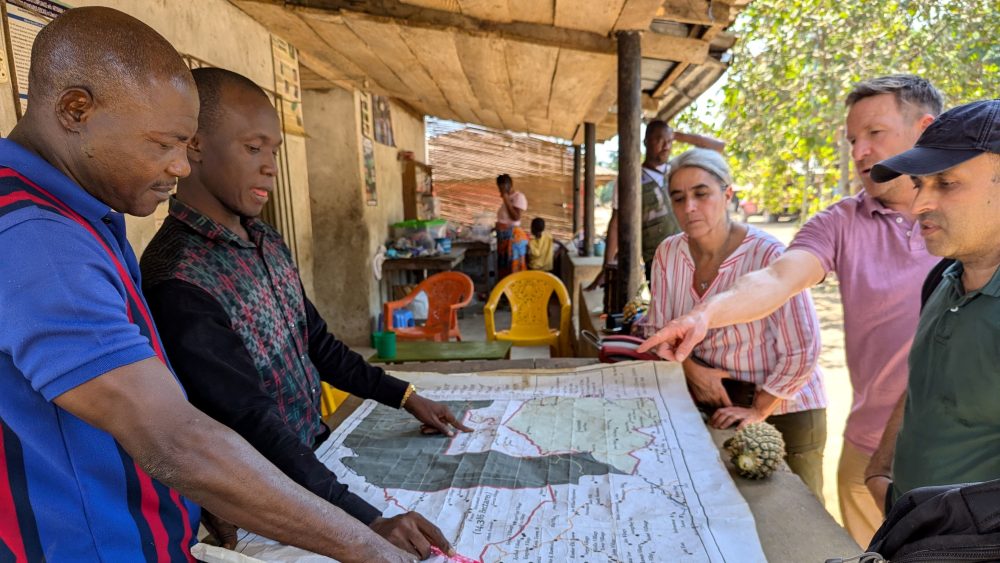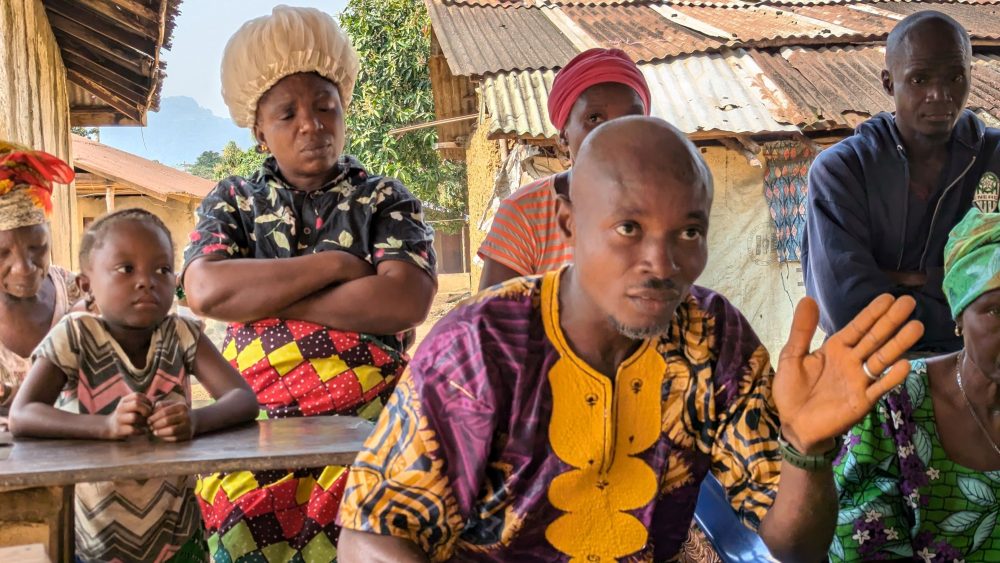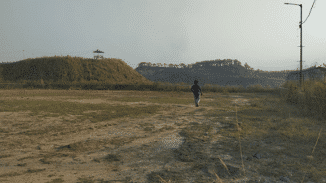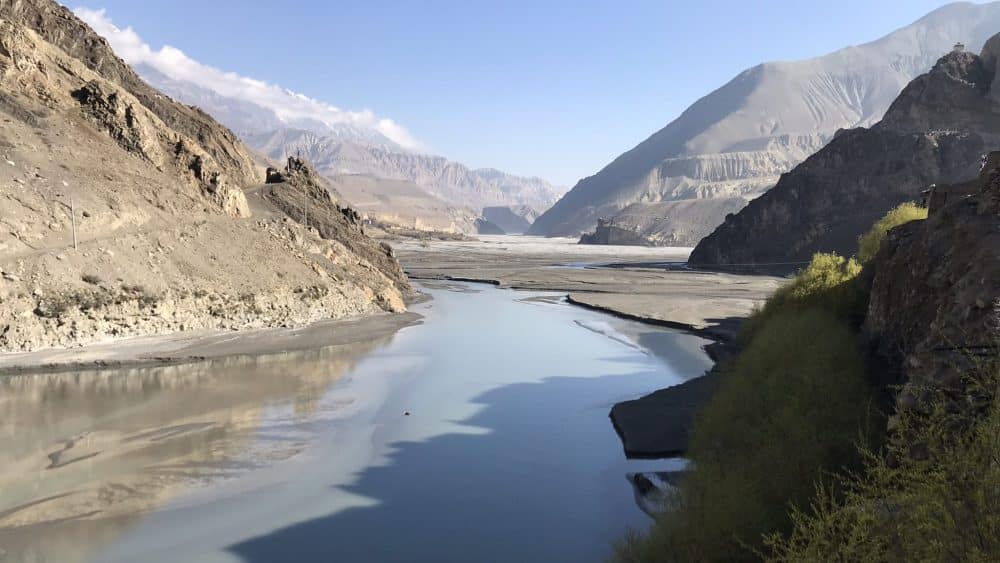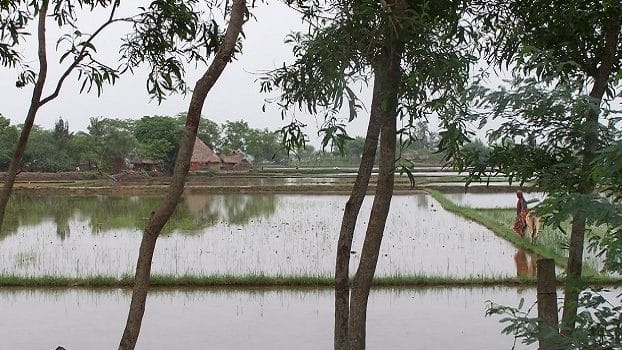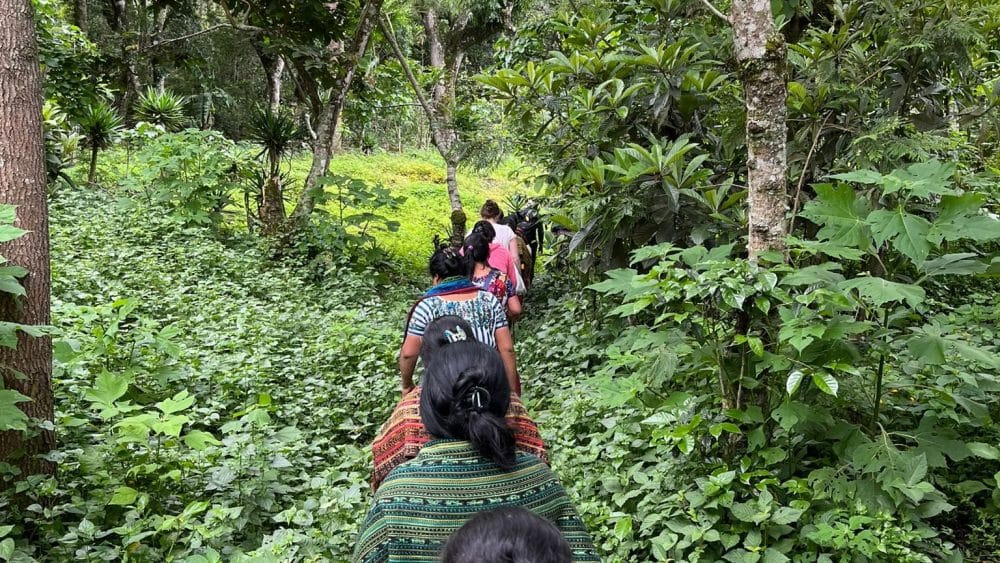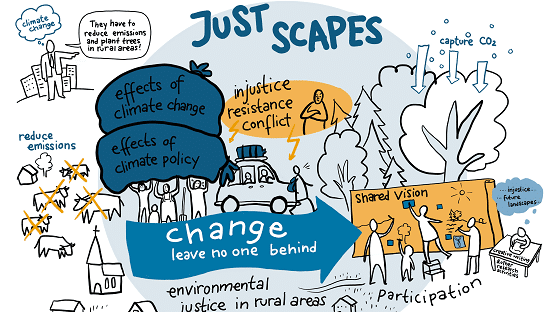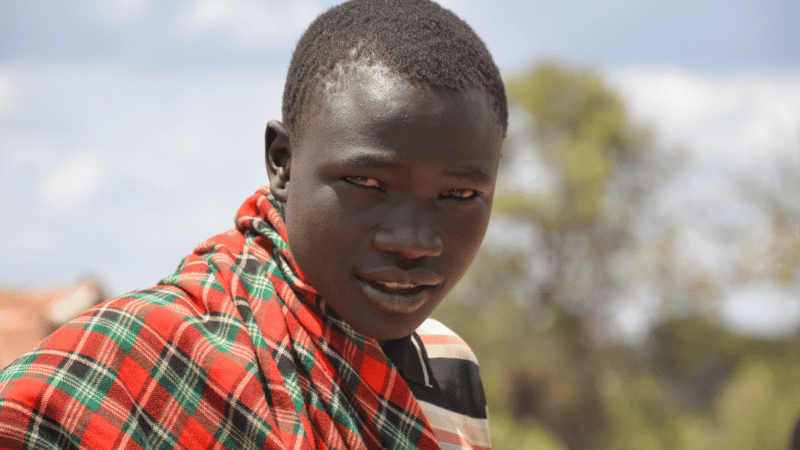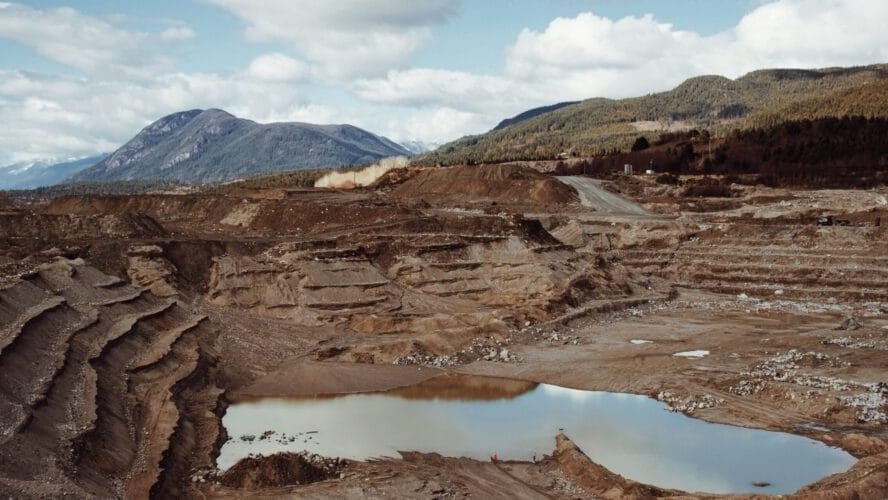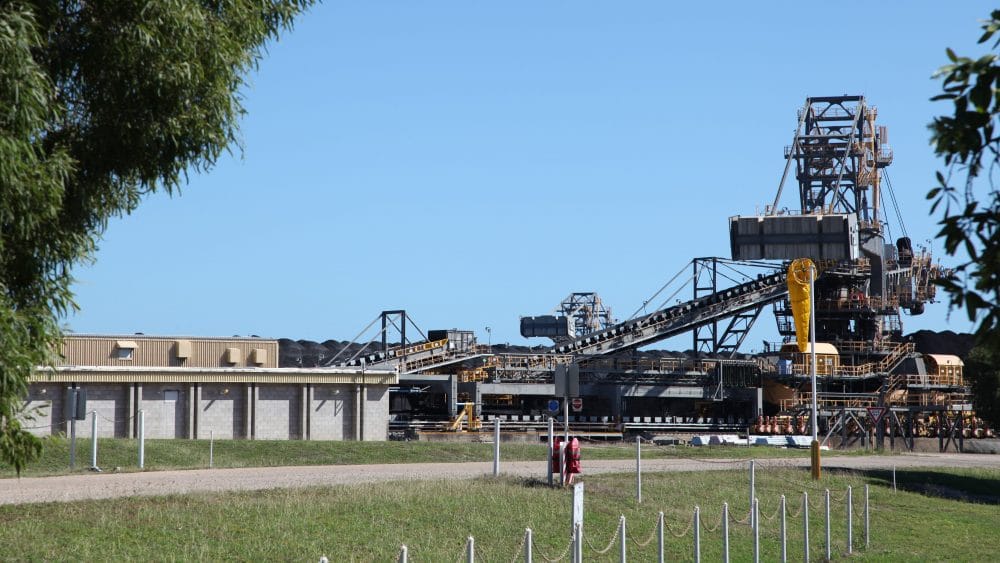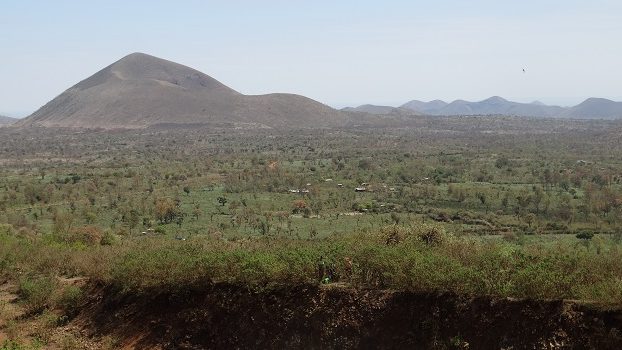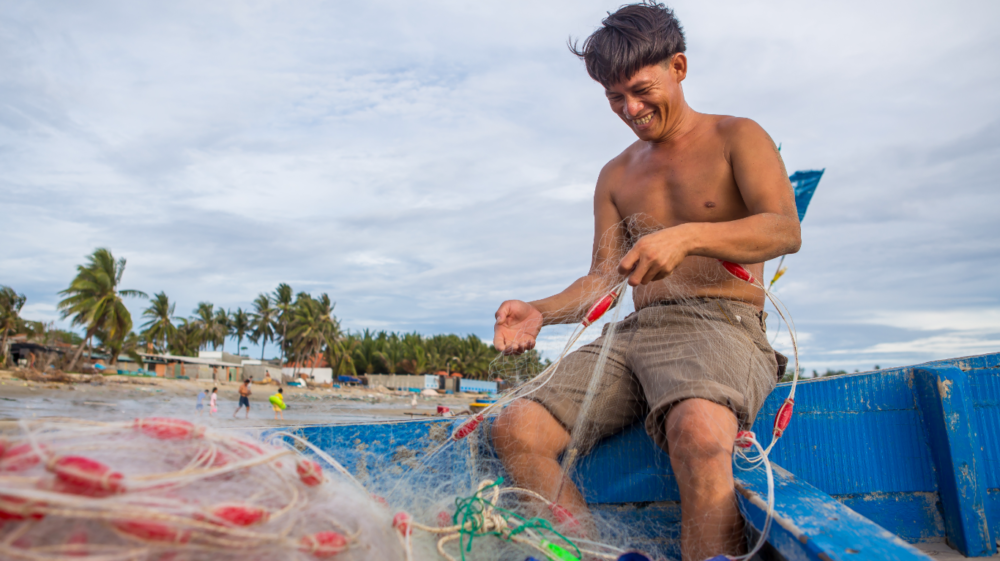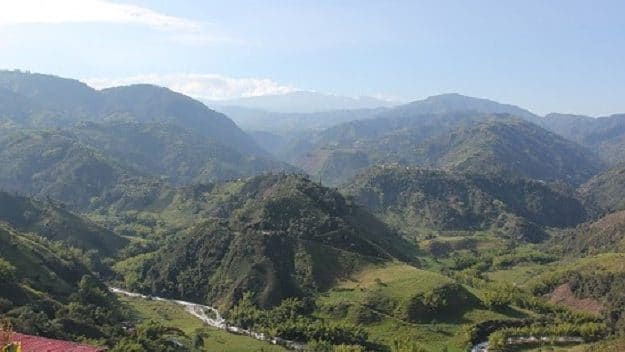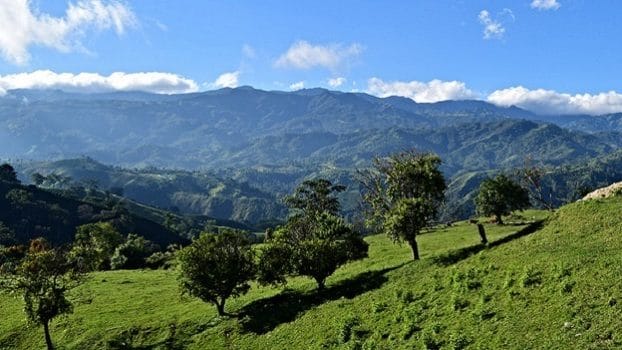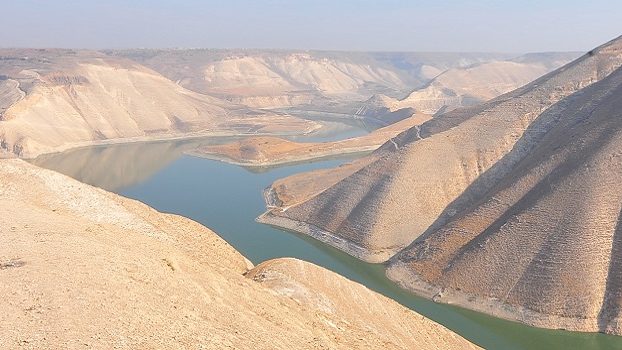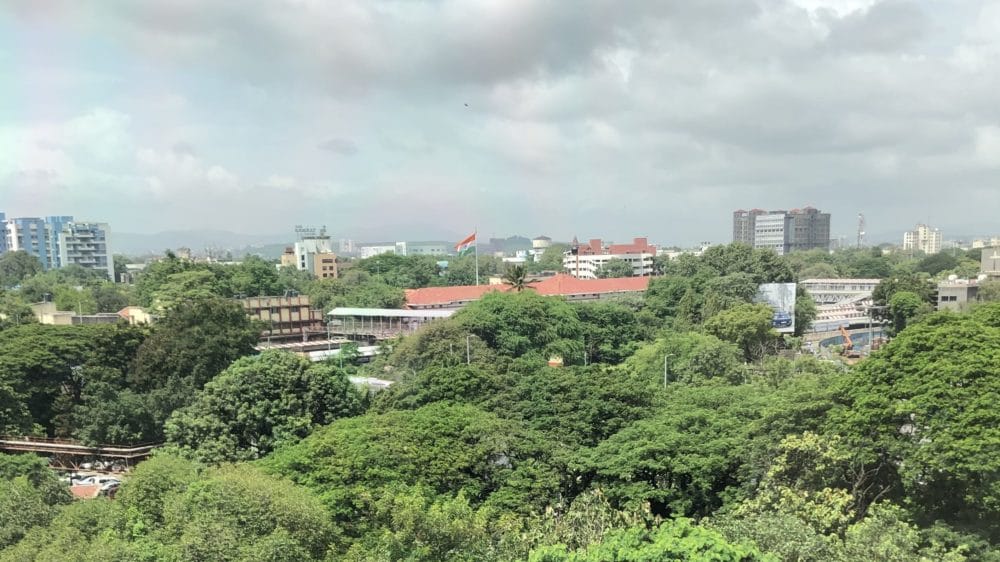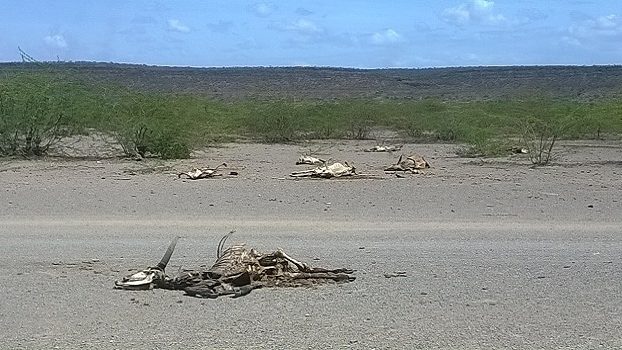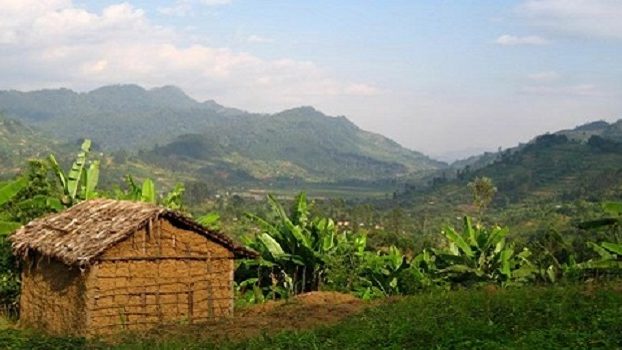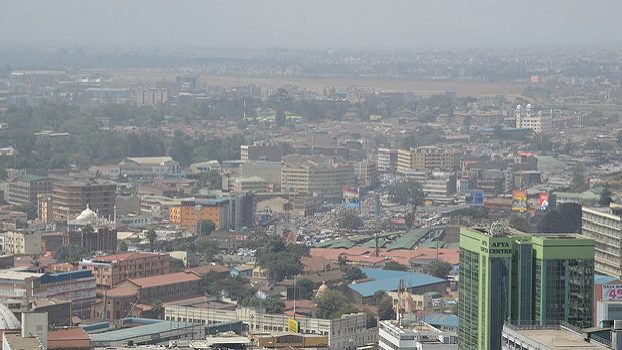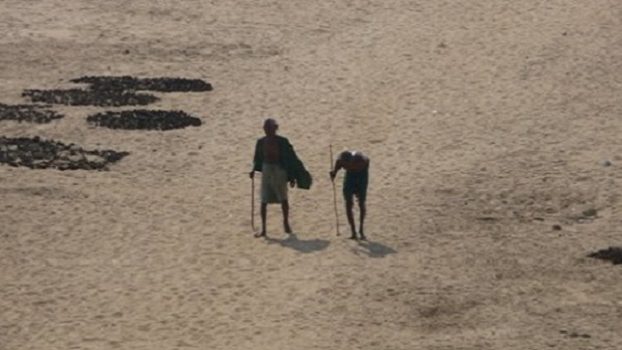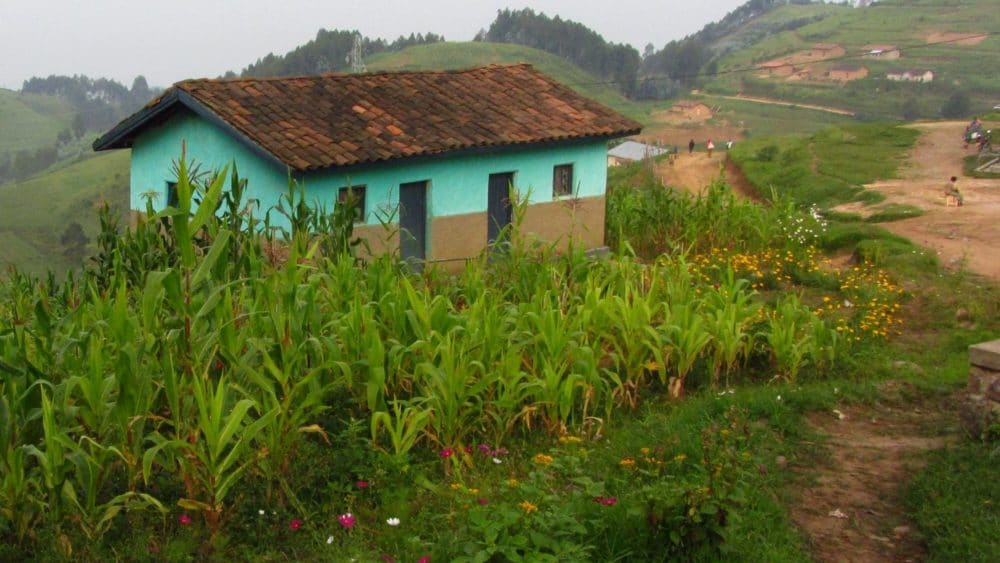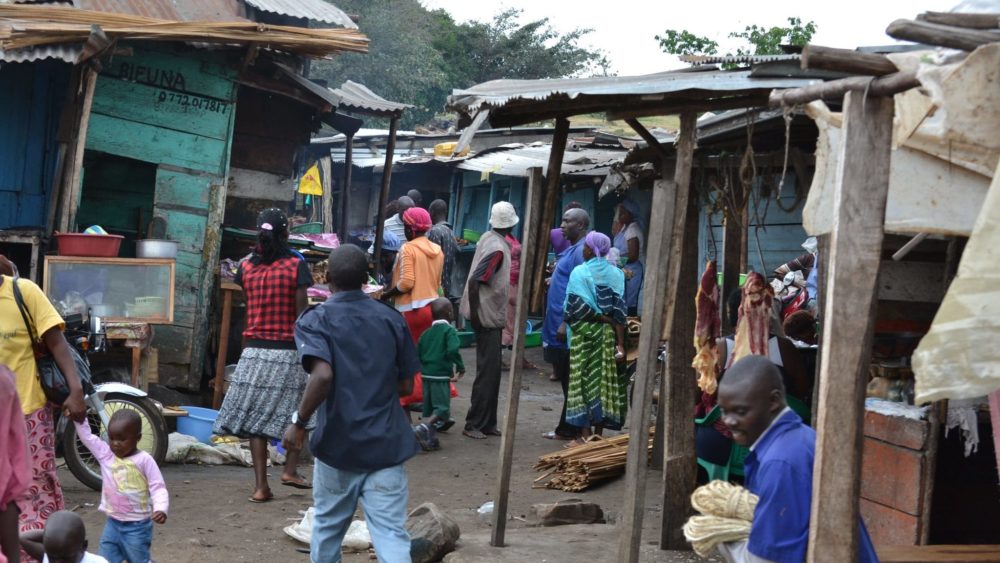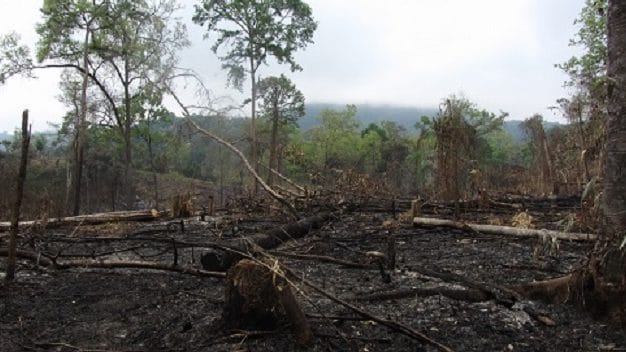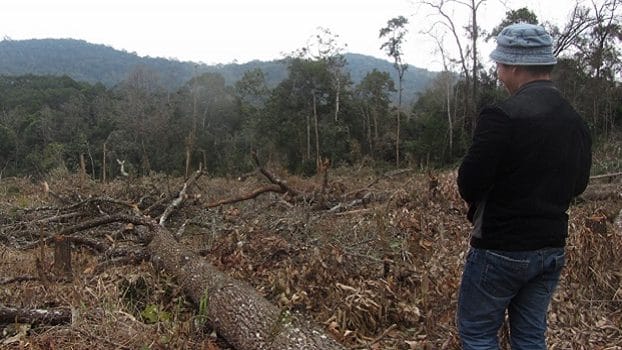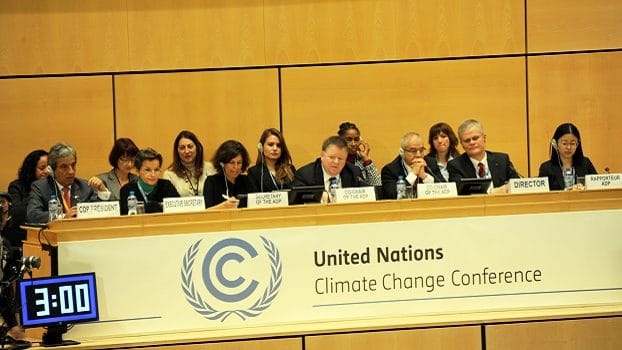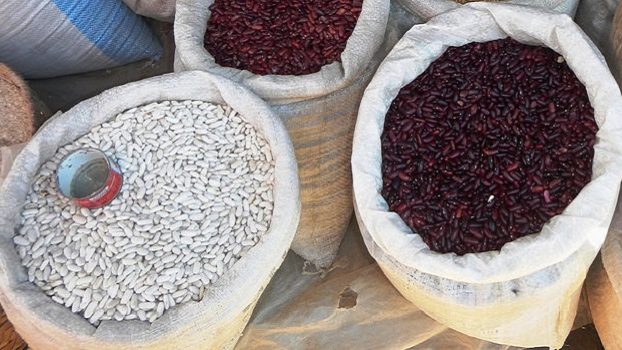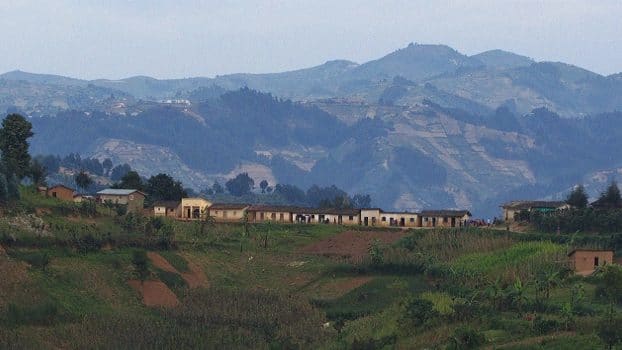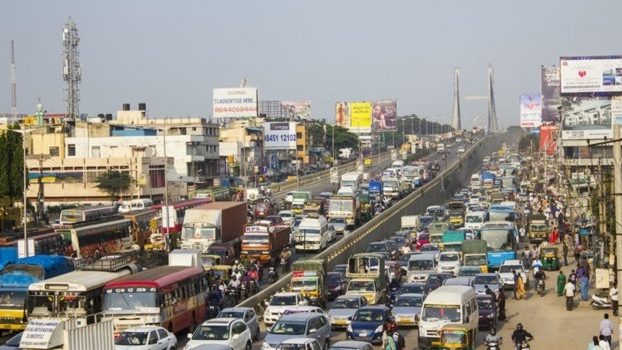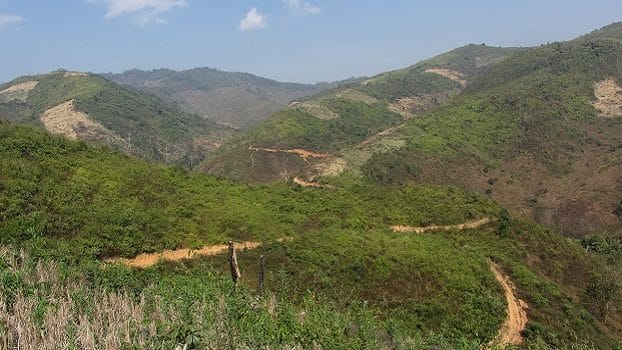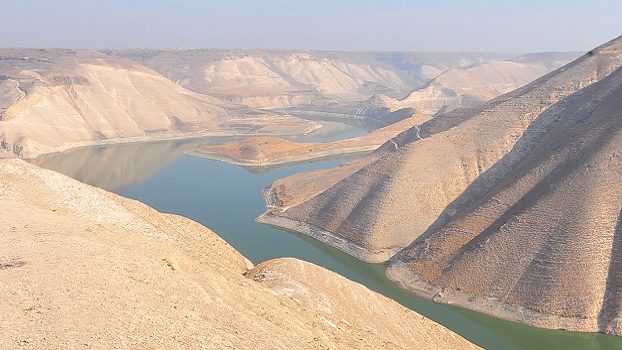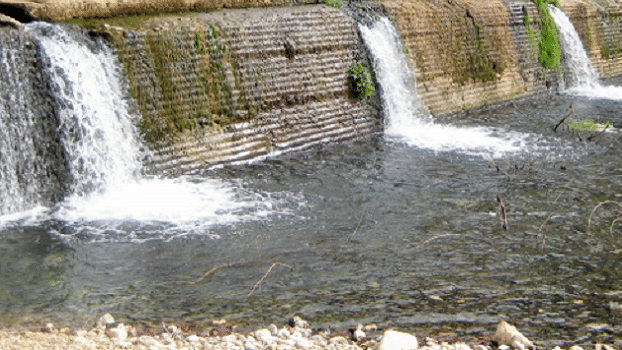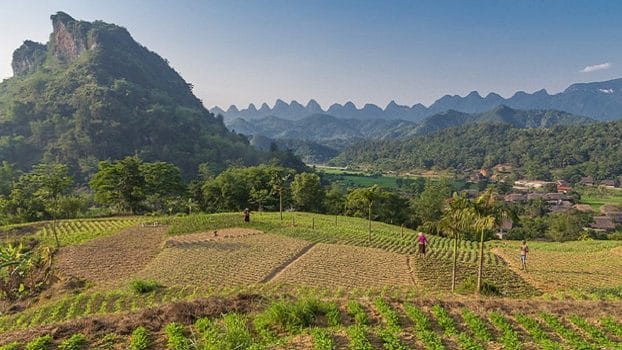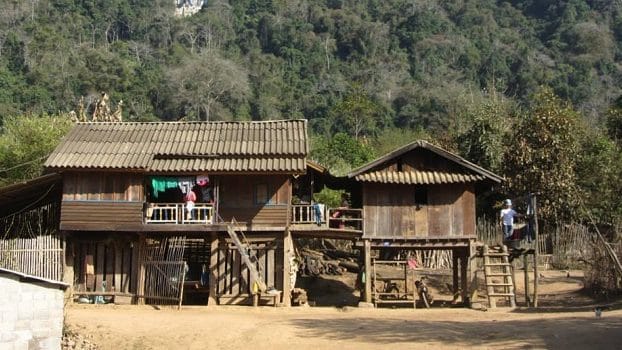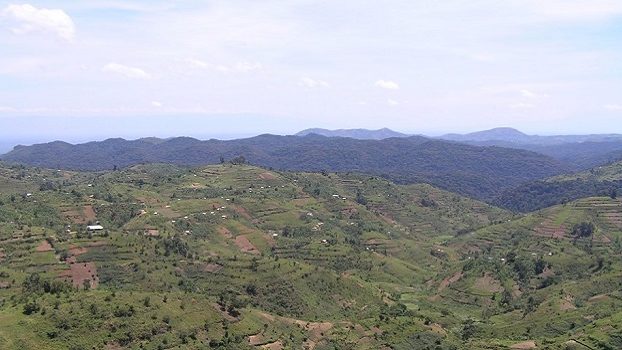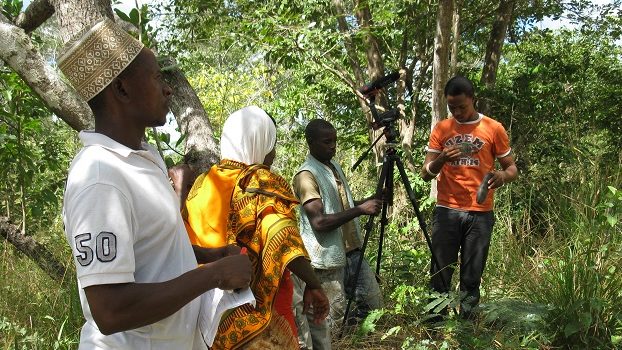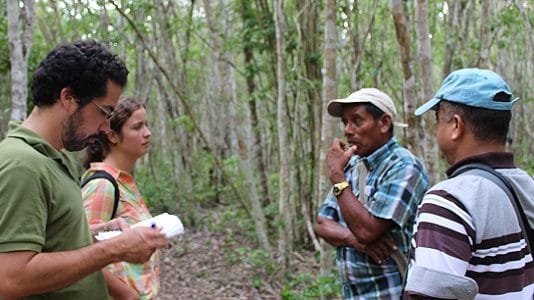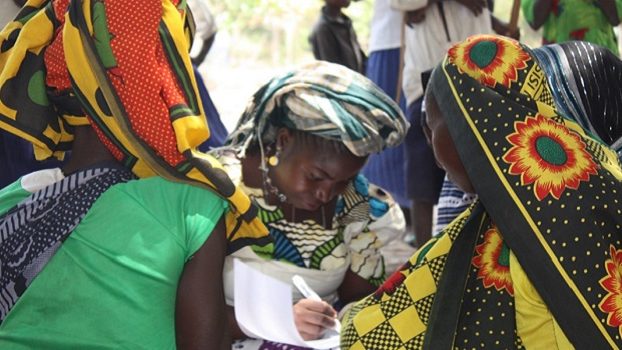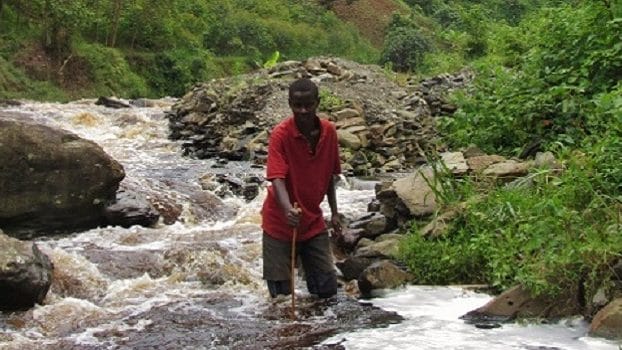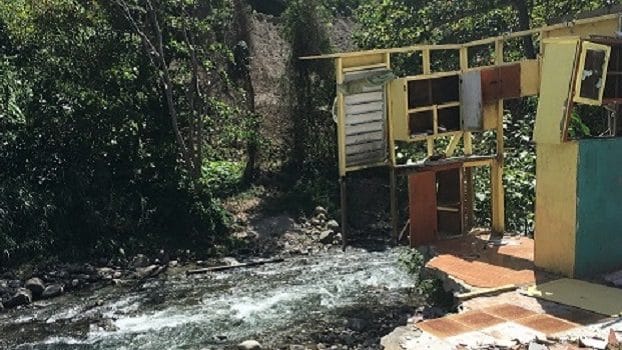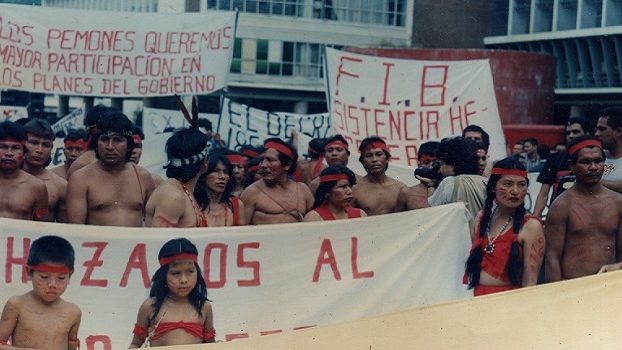Agricultural intensification refers to interventions to increase the outputs per hectare of crops or livestock. Whilst intensification can occur through local demand for innovation, it is increasingly imposed through policy interventions in forest-agriculture frontiers. ‘Sustainable intensification’ and ‘land sparing’ are examples of popular policy narratives that respond to concerns over future food security and planetary boundaries. Agricultural intensification also features in global development goals and strategies, such as the Sustainable Development Goals and efforts to accelerate a Green Revolution for Africa.
Some of the most rapid change is taking place in forest-agriculture frontier, often characterized by mosaic landscapes in transition from subsistence to cash-cropping economics, from longer to shorter fallows, and from lower to higher levels of purchased inputs. These rapidly changing social-ecological systems are also places where poverty alleviation and environmental conservation are priority objectives.
However, previous reviews of such transitional landscapes finds that intensification generates more income but also leads to negative outcomes including loss of human and social capital, deforestation, and biodiversity loss (van Vliet et al. 2012). At present we know very little about the trends and patterns of such outcomes, the contexts in which they take shape, or how to improve policy. This knowledge gap about sustainable agriculture and landscapes is well suited to being addressed through an ESPA synthesis, firstly because concerns for sustainable agriculture have been central to the ESPA empirical portfolio (Mace 2014) and secondly because ESPA conceptual approaches provide insightful ways to interrogate the wider body of empirical cases.
The synthesis asked how agricultural intensification shapes the changing trade-offs between land use, ecosystem services and poverty alleviation. This involved an interdisciplinary working group of experts with strong engagement with key policymakers and practitioners in organisations working on agriculture, conservation and development.
PROJECT DIRECTORS
School of International Development (DEV), University of East Anglia
RESEARCH PARTNERS
– University of Edinburgh
– University of Copenhagen
– Basque Centre for Climate Change
– University of Barcelona

